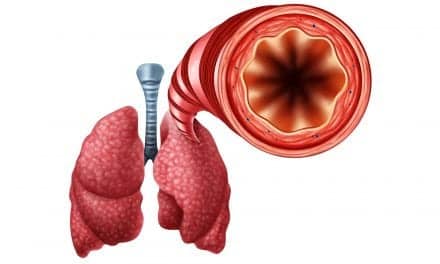Researchers have found that childhood leukemia survivors who received bone marrow transplants are at increased risk for deteriorating lung health. The study published in the journal Cancer involved 89 patients, half of whom had undergone transplants nearly 9 or more years earlier when they were ages 6 through 21.
While the study found that less than 8% of survivors had asthma, chronic coughs, or other chronic breathing problems, 64% of survivors scored in the abnormal range on at least one of the nine tests that measured how well their lungs were working.
The researchers found that older cancer survivors who were nearly teenagers when they underwent transplants had an elevated risk for long-term problems. Survivors who had abnormal lung function test results prior to transplants and who developed pneumonia or similarly serious respiratory problems in the year following transplants consistently scored worse on tests of their ability to inhale and exhale. Others at higher risk for deteriorating lung function were survivors who also faced a greater risk of cancer relapse, plus those whose transplant involved donor stem cells collected from circulating blood.
Lung complications are a recognized side effect of bone marrow transplantation and cancer treatment. Difficulties include problems that affect the ability of the lungs to expand and contract, to replenish the blood’s oxygen supply, or to hold enough air. Decreased lung function and respiratory illness during childhood are tied to a higher risk of developing chronic obstructive pulmonary disease (COPD) later in life.
Researchers recommend survivors avoid tobacco smoke and air pollution as well as undergo immunization against influenza and pneumonia to minimize long-term complications.
Source: PRNewswire









